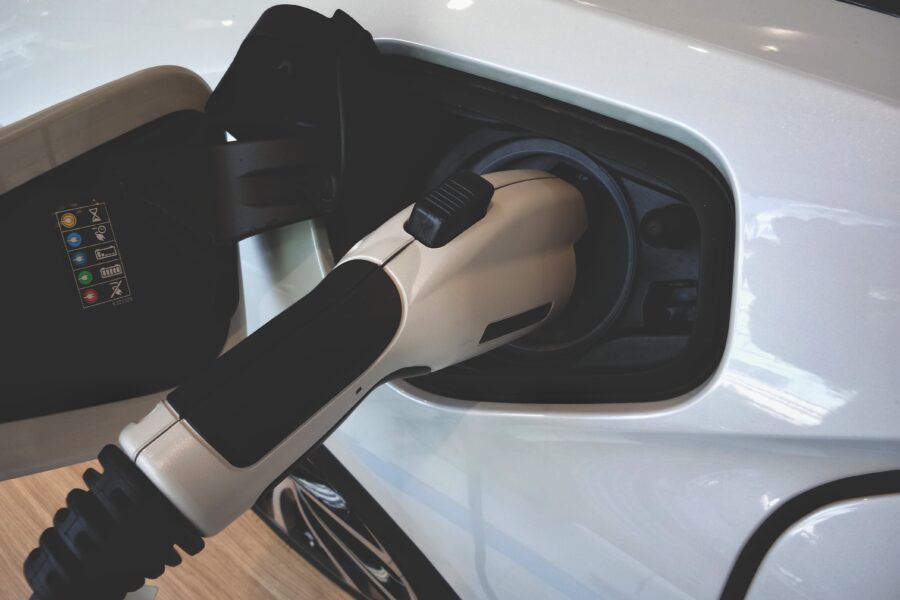AUTO ELETTRICHE

Alternative and green materials: what the electric cars of the future will look like
Steel and automotive were the main topics of the panel discussion “Raw materials and sustainable growth: how to turn the challenge of an obstacle course into a functional value asset for the growth of industrial realities,” organized by FARO Club on June 21 at the 62ndMain Meeting in the CSMT Innovative Contamination Hub in Brescia, Italy.
The discussion developed through the articulate interventions of four speakers, who recounted the current experience in their companies and discussed the various topics with the “Faristi” audience.
– Paola Artioli, president of Asonext spa, a manufacturer of special steels with applications in
various manufacturing sectors.
– Giovanni Marinoni, vice president of ORI Martin spa, a manufacturer of special steels with applications in different manufacturing sectors.
– Francesca Morandi, board member of siderweb (media company of the Italian steel operators community), the Made in Steel trade fair and Acciaio al Femminile.
– Paolo Streparava, ceo of Streparava Group, a manufacturer of powertrain and chassis components for cars, motorcycles, commercial vehicles, trucks and buses.
– The Digitization and transformations of industrial organizational and production processes.
– Investments in renewable energy and energy and water consumption efficiency.
– The recycling and reuse of raw materials with a view to decarbonization and circular economy, with a focus on ferrous scrap for steel production with electric furnaces (an area in which Italy holds European leadership with an 80 percent share of total national steel output, double the EU average).
– The impact on Italian and European industrial supply chains of CBAM, the EU’s Carbon Border Adjustment Mechanism.
– Narrative capital in the communication of the Italian steel sector.
– Personnel policies aimed at enhancing companies’ human capital, employment needs, the mismatch between demand and supply of profiles and skills, and training with particular focus on STEM subjects for technical figures, the ongoing increase in in-house corporate academy projects, and the role and improvable educational offerings of ITS (Istituti Tecnici Superiori).
– Gender equality (Gender Gap) in business, a topic then explored in depth in the Farosa Roundtable at the June 22 Main Meeting.
During the panel discussion “Raw Materials and Sustainable Growth,” the topic of the negative impact that the application of the EU’s Carbon Border Adjustment Mechanism has on the international competitiveness of manufacturing firms emerged. This is because, in an economy like Italy’s that is heavily based on industrial transformation, the extra taxation on imports of carbon-intensive products affects commodities destined for manufacturing processes more than finished products exported to Italy by non-EU manufacturing competitors.
The CBAM will come into effect in its transitional phase from October 1, 2023. It will initially apply to imports of selected goods and precursors whose production is carbon-intensive and presents the most significant risk of carbon leakage: cement, iron and steel, aluminum, fertilizer, electricity and hydrogen.
According to the European Commission’s website, once fully introduced CBAM aims to capture 50 percent of emissions in sectors covered by the EU ETS (Emissions Trading System).
The purpose of the transition pilot period is to serve as a pilot period is to allow all stakeholders (importers, producers and authorities) to learn the contents of the new regulations and gather useful information on embedded emissions to refine the methodology for the next final implementation period.
Thus, the time is coming for companies to learn more about CBAM and related certifications.